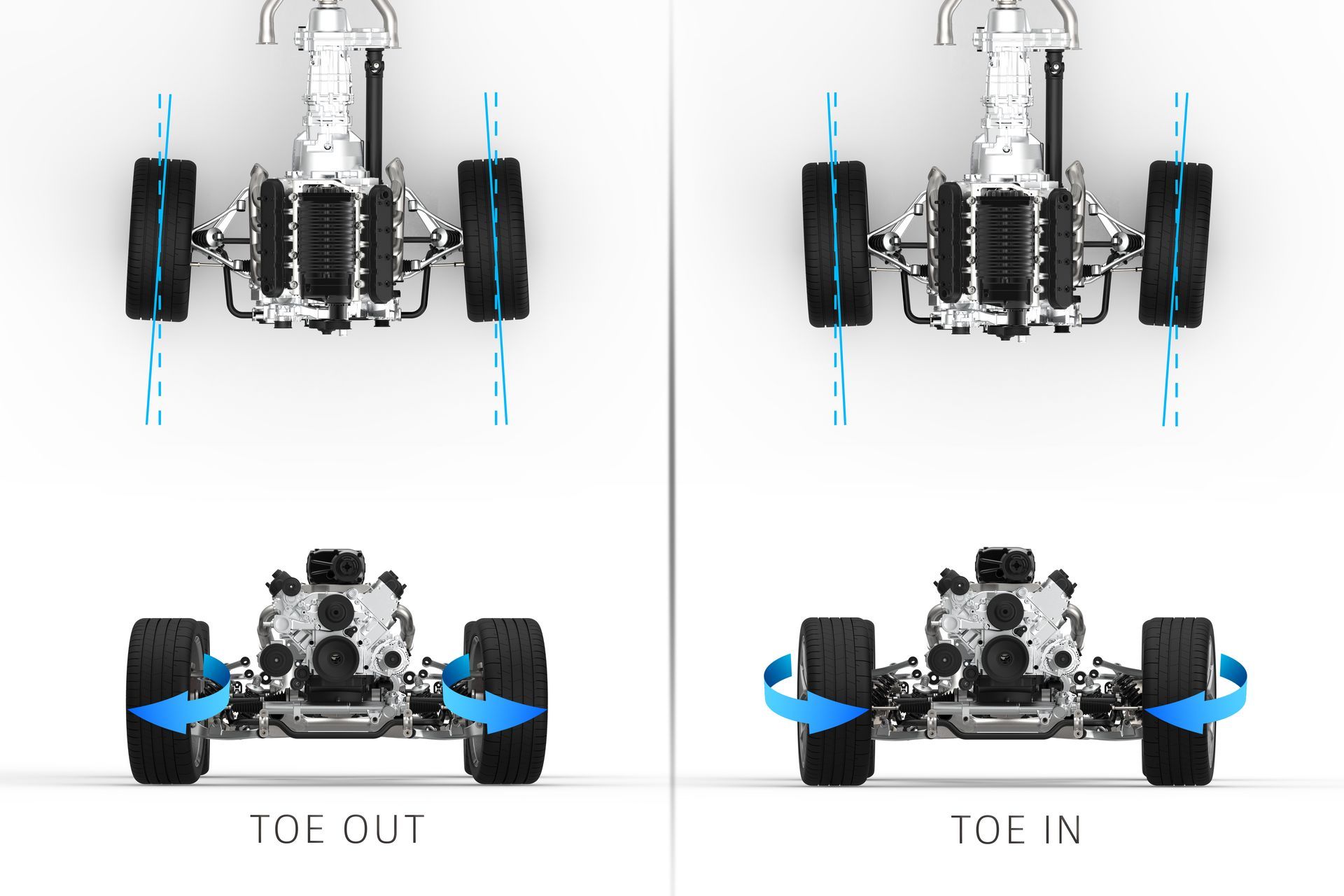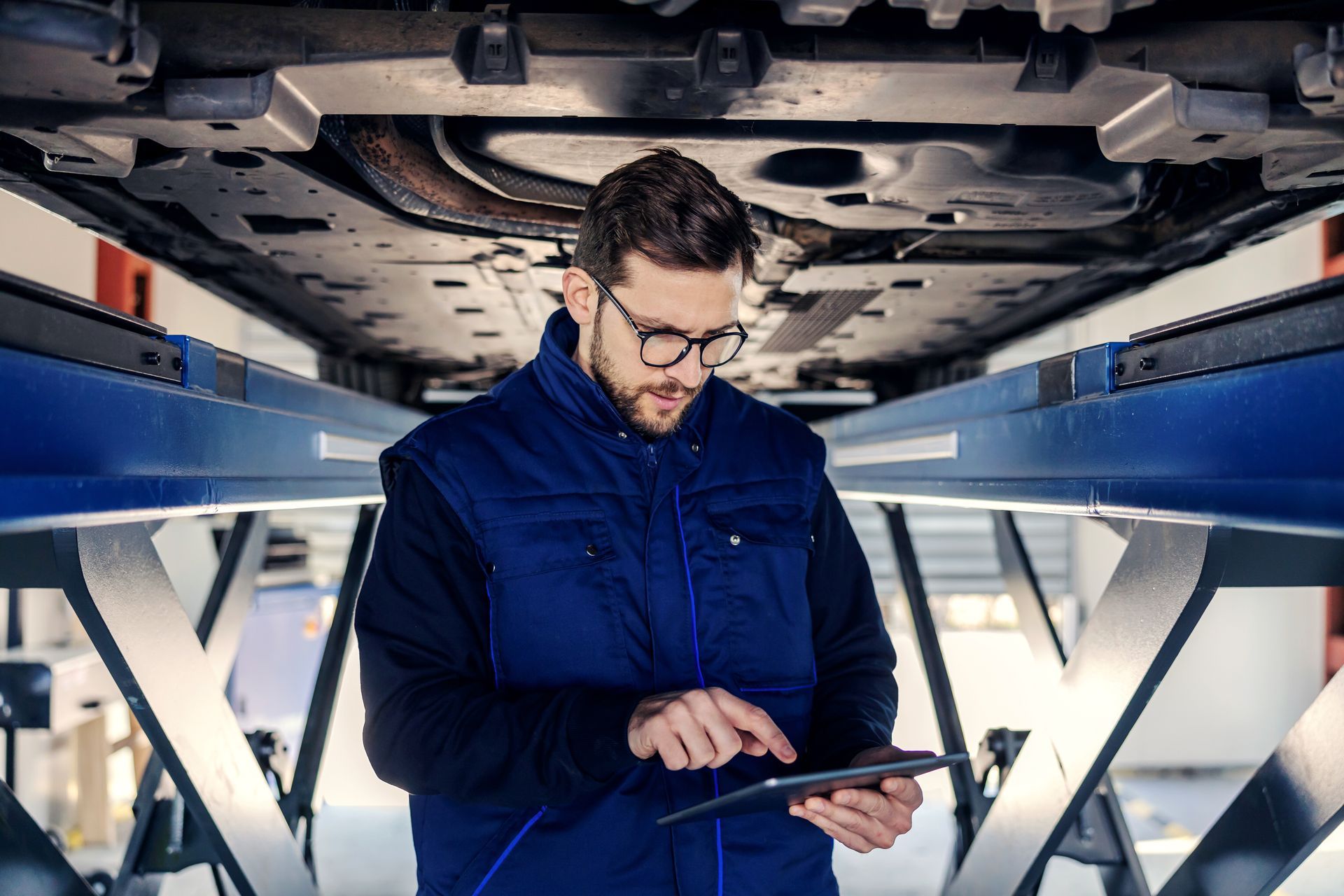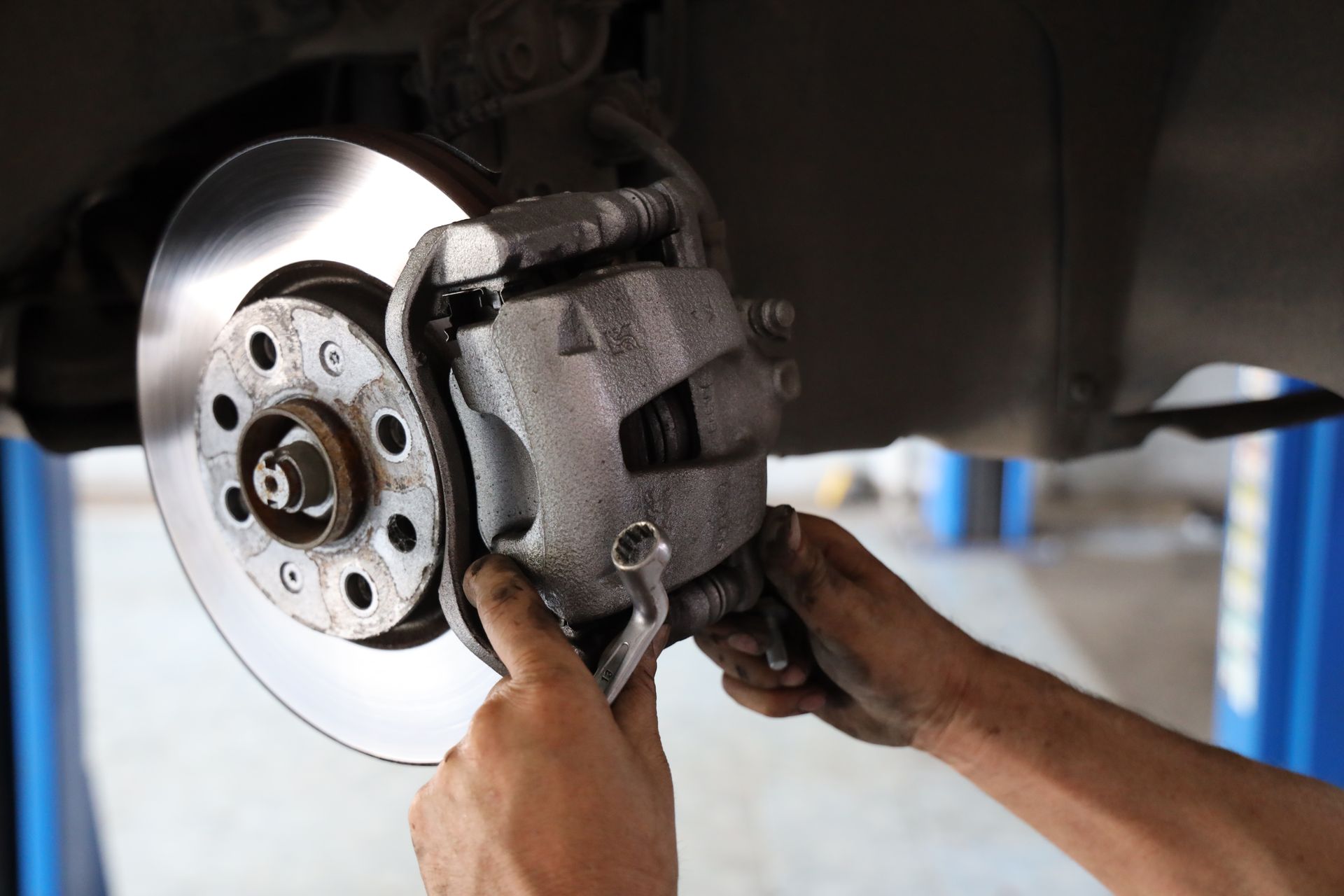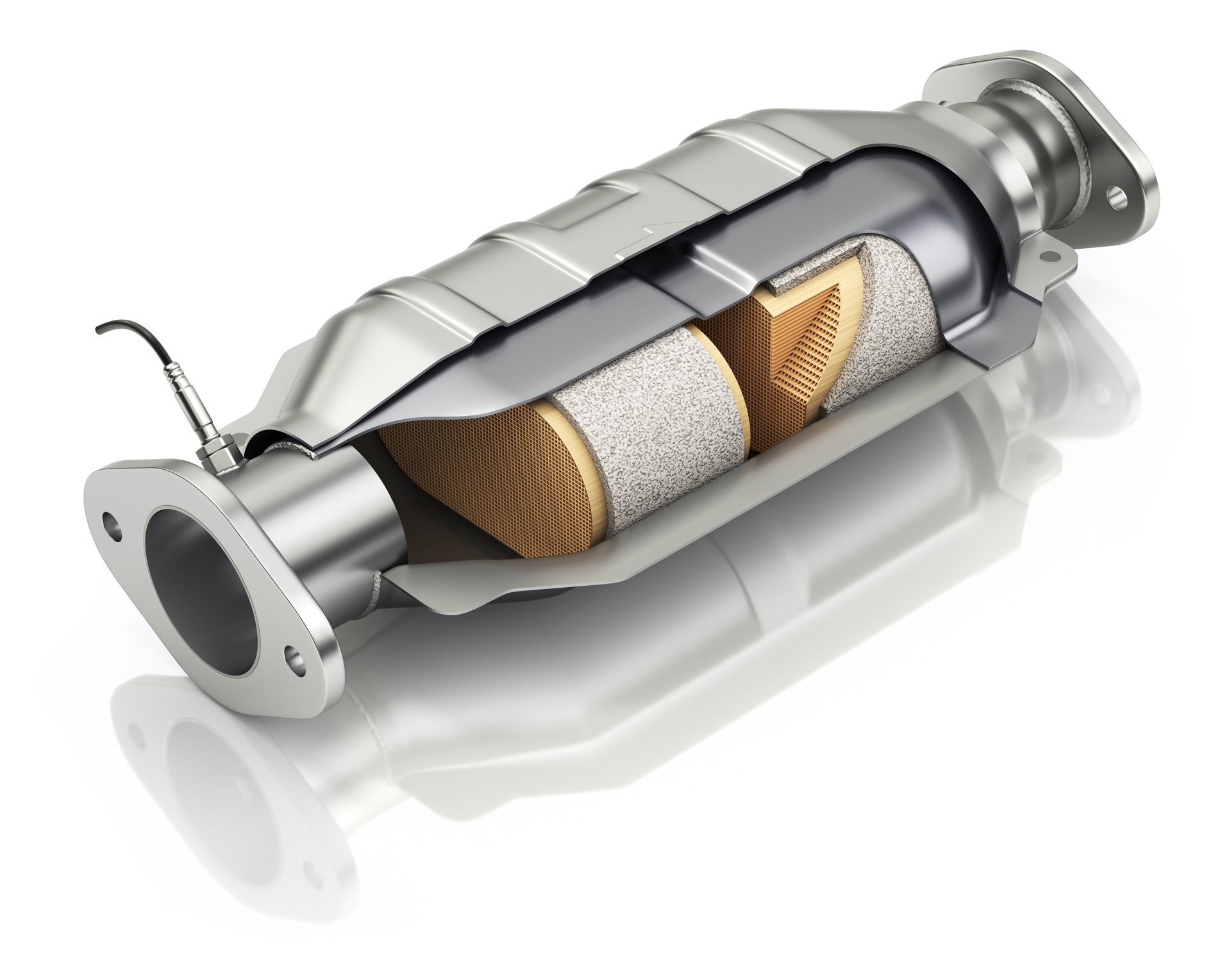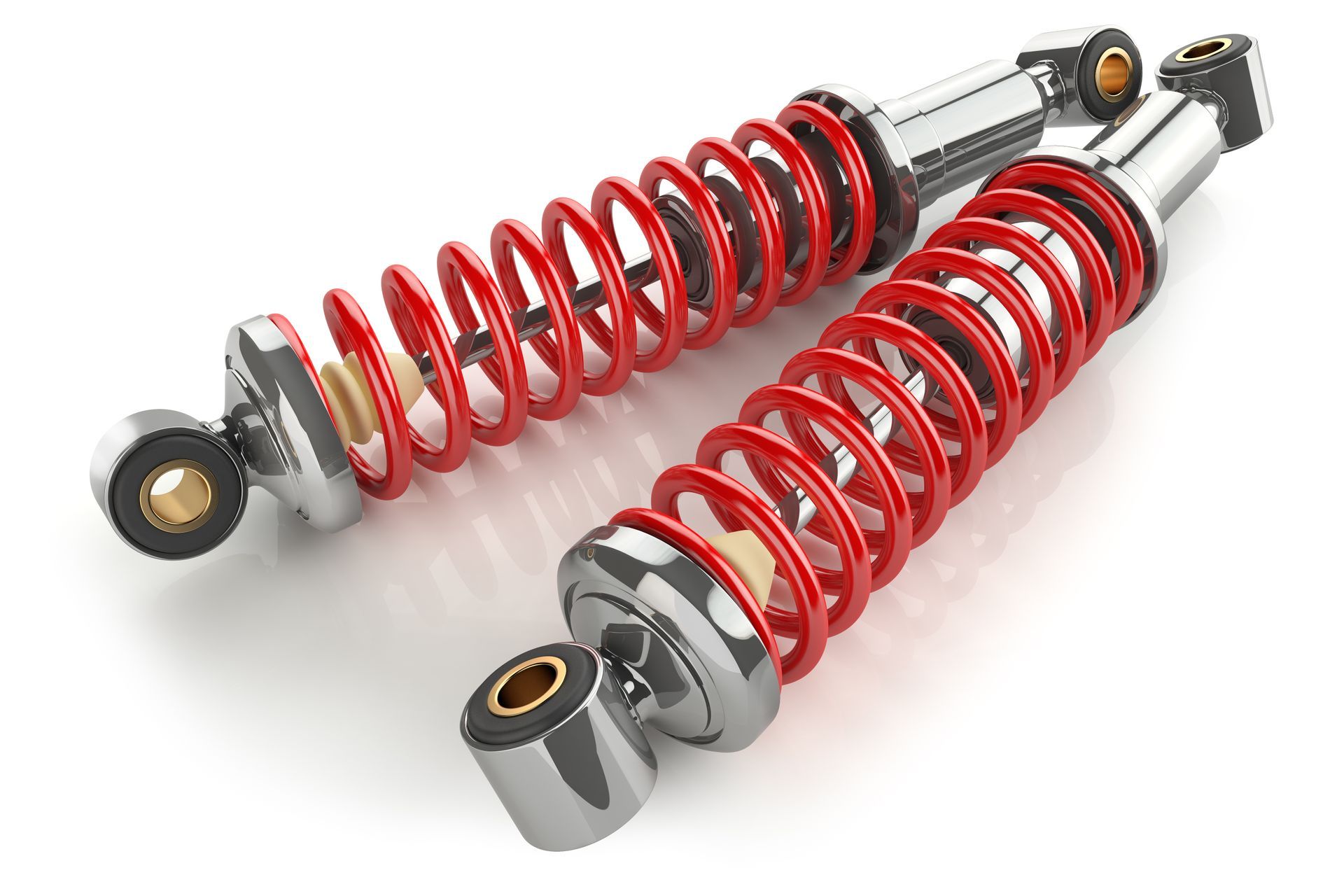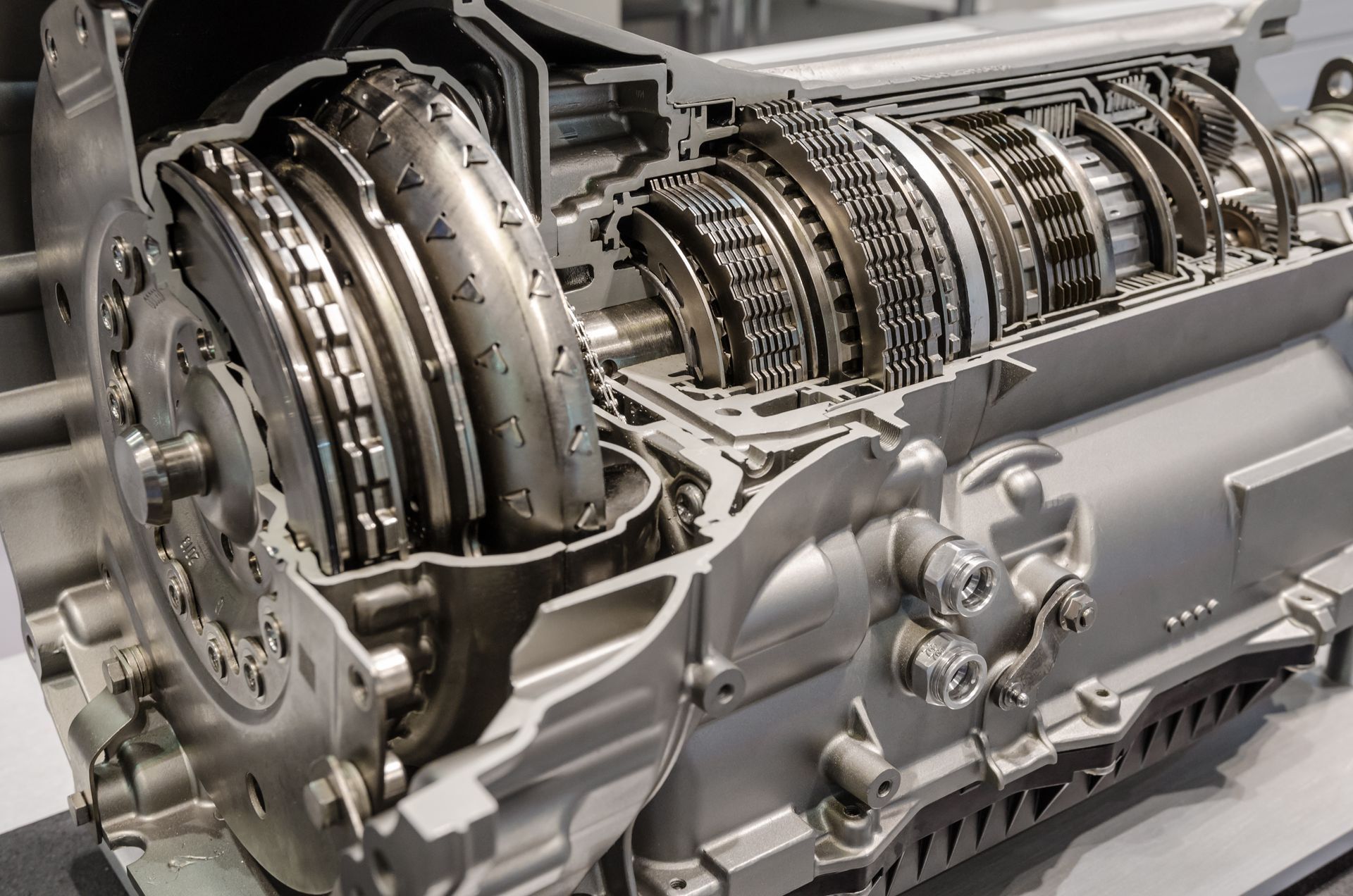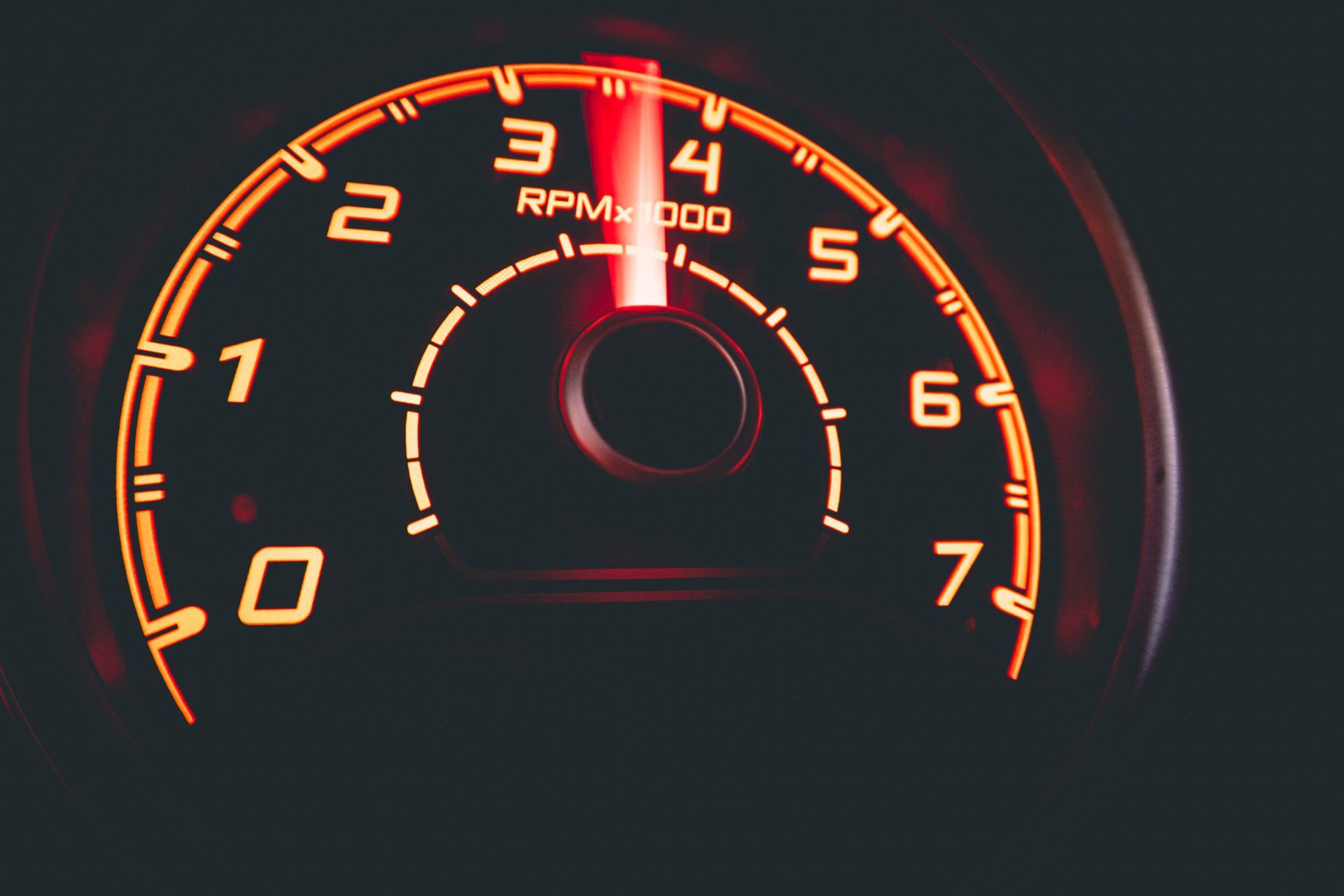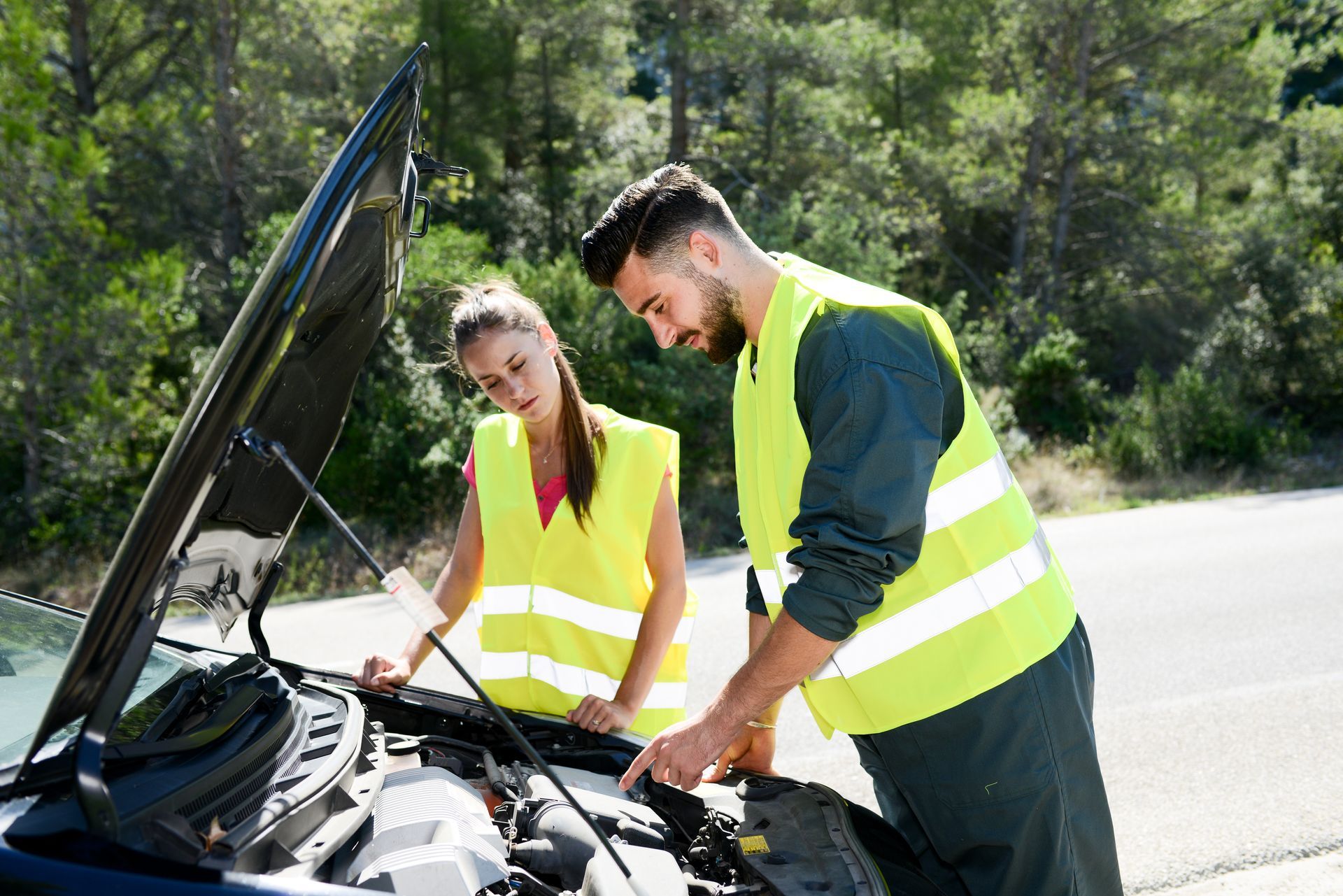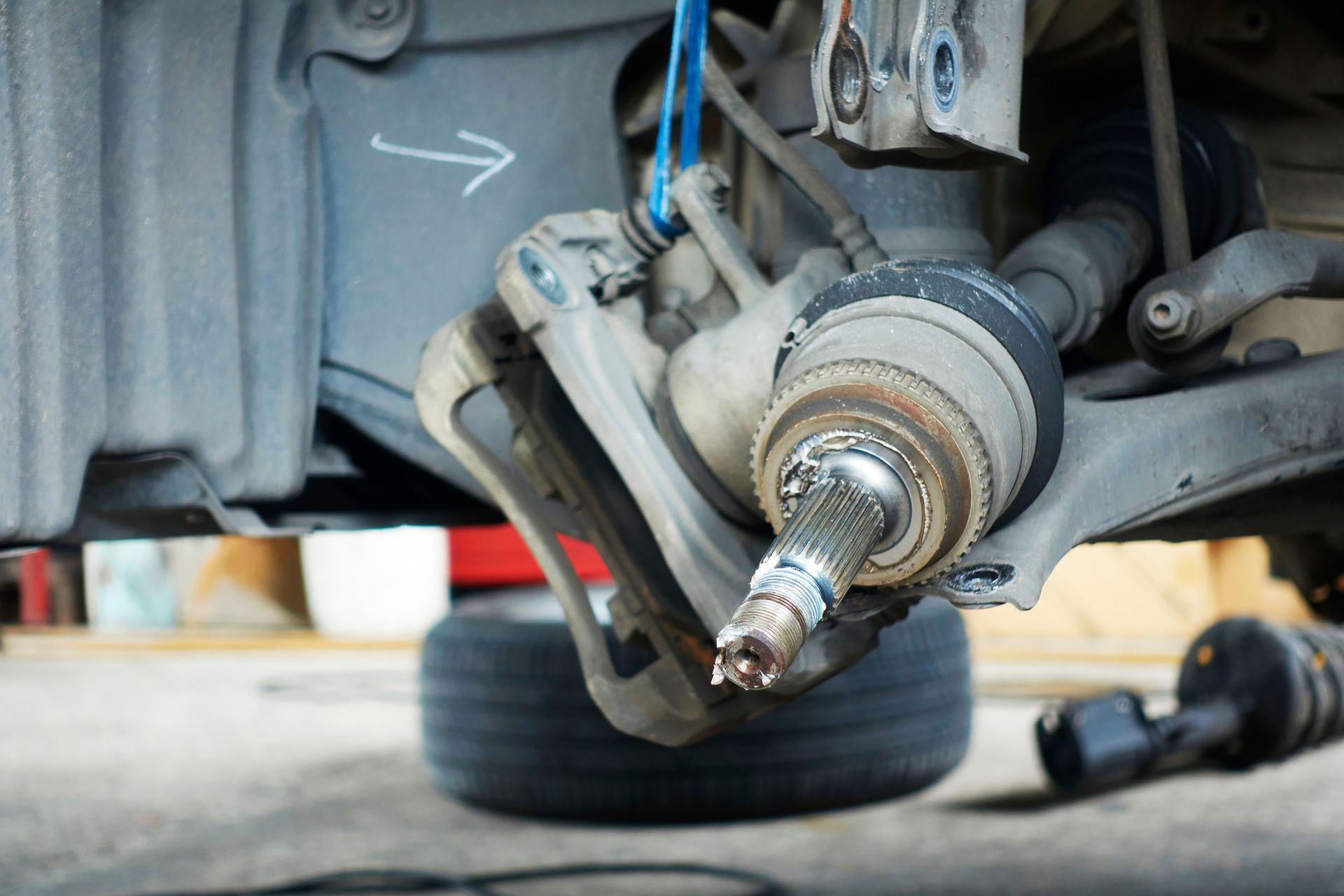A fluid leak. Your car's way of weeping for attention. It's not just an inconvenience; it's a cry for help, an automotive SOS. Fluid leaks can be the harbingers of bigger problems and hefty repair bills if left unaddressed. As a car owner, understanding these seeping secrets can save you time, money, and unnecessary headaches. Let's explore seven common culprits behind your vehicle's liquid laments.
1. Engine Oil Leak
The most notorious leak is engine oil—your car's oil. Usually recognizable by its dark color and slick texture, oil leaks often originate from worn seals or gaskets. Keep an eye on your oil levels and the ground where you park; catching this slippery suspect early is key to maintaining engine health.
2. Antifreeze or Coolant Culprit
That neon-green or orange fluid pooling under your car? Likely antifreeze or coolant escaping its closed loop. The radiator, hoses, water pump, or heater core could be betraying you with tiny fissures or loose connections, leading to a cool crisis.
3. Transmission Trouble: Gearbox Leaks
Transmission fluid keeps your gears shifting smoothly but should stay unseen within its system. If you spot a reddish-brown puddle beneath your car's midsection, it may signal seal wear or a damaged transmission pan—both require immediate attention to prevent gear-grinding grief.
4. Power Steering Puddles
If steering your chariot feels Herculean lately, peep under the hood for power steering fluid leakage—a potential peril for your arm muscles and safety alike! These leaks tend to betray themselves near the front of your vehicle and demand quick diagnostics.
5. Brake Fluid Breach
A more treacherous trickle is that of brake fluid—a clear to brownish liquid with a slightly oily feel—if this escapes, stopping power diminishes dangerously! Examine brake lines and the master cylinder; as brakes are vital for safety, any suspicion of leakage here warrants swift professional intervention.
6. Differential Drips
Less common but equally concerning are leaks from the differential housing—the mechanism that lets wheels rotate at different speeds while turning corners—which might manifest itself as greasy spots near the rear underside of your vehicle if it houses a rear-wheel-drive transmission.
7. Washer Fluid Woes
Finally, windshield washer fluid leaks might seem minor but can impair visibility during crucial moments if reservoirs run dry due to cracks or loose tubing connections—ensure these are watertight for clear-sighted journeys!
Recognizing these seven suspects takes you one step closer to being a proactive protector of your four-wheeled partner—your vehicle! And don't worry if you spot them, just give us at Barsh Automotive a call, and we will get you in the shop, so we can fix the issue!

